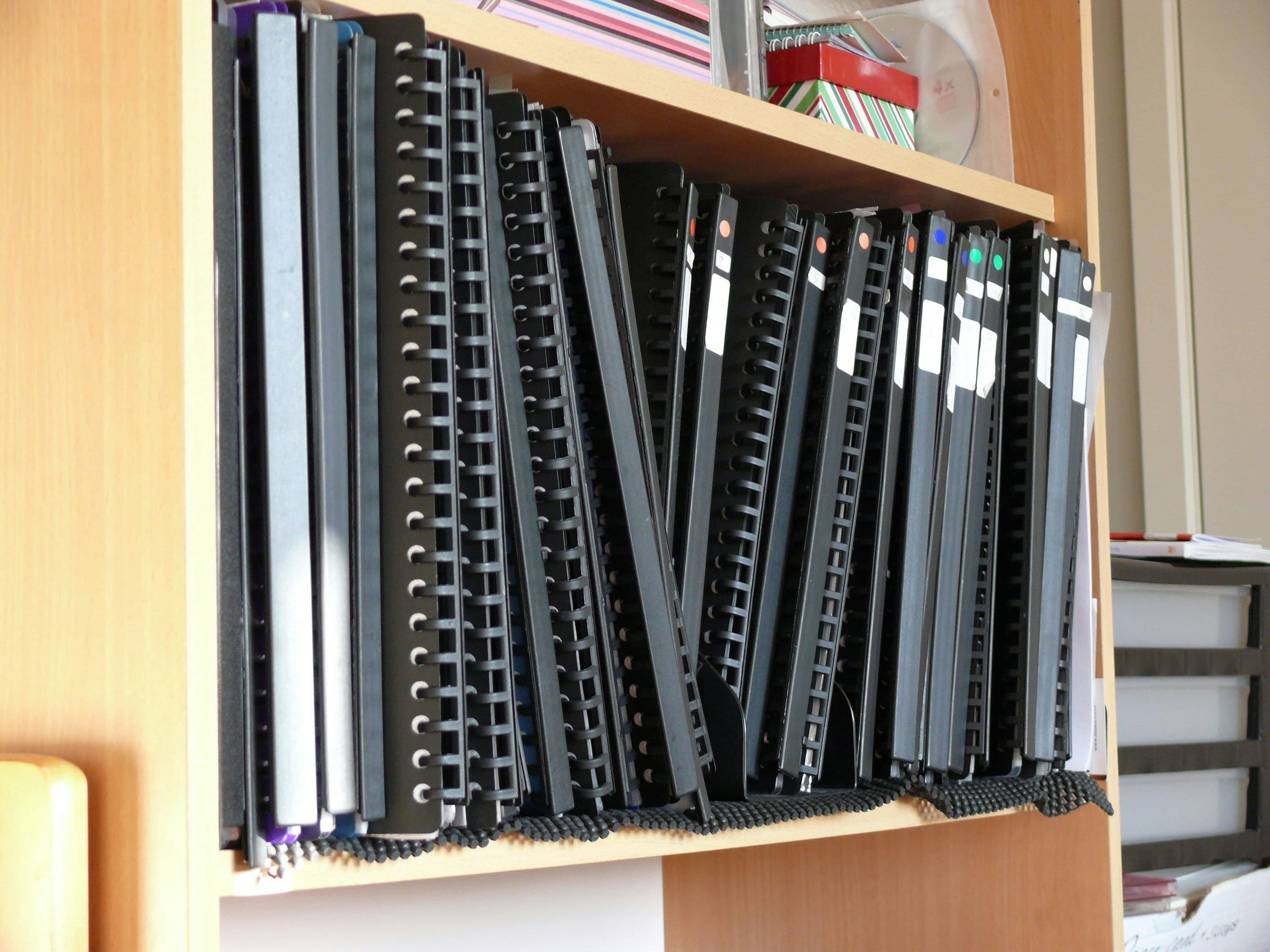Loading...

Ever felt overwhelmed by the thought of writing a critical analytical essay? You're not alone; many students find it challenging to start, structure, and articulate their thoughts effectively. Critical analytical essays are all about delving deep into a topic, text, or artwork, analysing its components, and offering a nuanced interpretation backed by thorough research and evidence. This blog post will guide you through understanding what a critical analytical essay is, choosing engaging topics, crafting your essay step-by-step, and employing literary techniques to enhance your analysis—all aimed at helping you write compelling essays with confidence.

A critical analytical essay is an academic writing piece that involves a detailed examination and interpretation of a specific subject, such as a text, artwork, or film. The primary purpose of this type of essay is to offer a deep, insightful critique that goes beyond mere description or summary. In a critical analytical essay, the writer is expected to dissect the subject’s components, understand its underlying themes and motives, and present an argument that reflects a nuanced understanding of the material. This form of essay is distinct from other types because it not only requires an analysis of the content but also demands that the writer evaluates the effectiveness and impact of the subject, supporting their viewpoints with strong, evidence-based arguments.
The purposes of writing a critical analytical essay are manifold. Firstly, it serves as a powerful tool for students to develop their analytical thinking skills, enabling them to break down complex ideas and assess various elements like structure, style, and context. Secondly, this type of essay encourages writers to engage critically with texts, fostering a deeper appreciation and understanding of different perspectives and interpretations. Here are some key objectives that a critical analytical essay aims to achieve:
These objectives highlight the essay's role not just in academic settings but also in preparing students for professional challenges that require analytical and evaluative skills.

Choosing the right topic for your critical analytical essay is crucial as it sets the tone for your entire analysis. It's important to select a topic that is not only engaging but also offers depth for critical evaluation. Here are some tips to help you find the perfect topic: Choose a subject that interests you—this could be something you are passionate about or a topic that has always intrigued you. Consider current events and social issues that offer a rich ground for analysis, such as the impact of technology on mental health or the implications of global economic policies. This approach ensures that your essay is both relevant and insightful.
Additionally, selecting a topic that aligns with your academic requirements is essential. For instance, if you are studying literature, you might analyse a classic novel's portrayal of gender roles or the use of symbolism in modern poetry. For those in social sciences, topics could include a critical examination of a recent social movement or the effectiveness of policy changes in education. Here are some steps to refine your topic selection: Narrow down broad topics to manage complexity and maintain focus, seek feedback from peers or educators to gauge the relevance and scope, and review existing literature to ensure your topic provides a new perspective or fills an academic gap. These strategies will help you in crafting an essay that is not only well-argued but also original and academically valuable.
Writing a critical analytical essay requires a structured approach to dissect and evaluate a subject critically. The first step is to choose a topic that not only interests you but also provides sufficient scope for critical analysis. This could be a piece of literature, a film, a historical event, or a social issue. It's essential to select a topic that allows you to explore various dimensions and provide a deep, analytical insight rather than just a descriptive account.
Once the topic is selected, thorough research forms the backbone of your essay. This involves gathering credible sources such as academic journals, books, and reputable websites. It's crucial to immerse yourself in the subject to understand different perspectives and interpretations. Organizing your findings and noting down key points will aid in developing a comprehensive understanding of the topic, which is essential for the next stages of writing.
With a solid understanding of the topic and a wealth of information at your disposal, the next step is to develop a thesis statement. This statement will guide the direction of your essay and should articulate a clear, concise argument that you will defend throughout your analysis. The thesis should not only state your position but also hint at the subpoints you will use to support your main argument, setting the stage for a structured and coherent essay.
Before diving into the actual writing of a critical analytical essay, it's vital to take some pre-writing steps to ensure your essay is well-grounded and insightful. Start by selecting a topic that both interests you and meets academic requirements. Next, conduct a thorough research phase where you gather and synthesize information from credible sources. This stage should also involve formulating a focused thesis statement that clearly outlines your central argument about the subject. These preparatory steps are crucial for laying a strong foundation for your essay.

An effective outline is a roadmap of your essay and a critical tool for organizing your thoughts coherently. Start with an introductory paragraph that includes a hook to grab the reader's attention, followed by background information and your thesis statement. The body of your essay should consist of several paragraphs, each focusing on a single point supporting your thesis. Each body paragraph should include evidence and its analysis. Conclude with a synthesis that ties all your points together and reaffirms your thesis, leaving a lasting impression on the reader.
Proper formatting is essential for crafting a professional and academically acceptable critical analytical essay. Adhere to the specified citation style—be it APA, MLA, or another academic format. This includes formatting the title page, headers, in-text citations, and the bibliography. Ensure your essay has a formal tone and structured paragraphs that start with topic sentences. Each paragraph should follow the "introduction - quote - analysis" model, and the entire document should be double-spaced with 1-inch margins, ensuring clarity and readability.
Employing literary techniques in a critical analytical essay can significantly deepen the analysis and enrich the reader's understanding of the subject. Thematic analysis is one such technique that involves identifying and discussing the themes that emerge throughout a literary work or any subject matter. This approach allows the writer to explore the underlying messages or moral questions posed by the text, which can provide a more comprehensive analysis. For instance, in examining a novel, one might look at themes of love, betrayal, and redemption to understand the author's commentary on human relationships. Similarly, in a film analysis, themes such as heroism or isolation could be explored to discuss how these ideas shape the viewer's experience. By focusing on themes, writers can connect the dots between different parts of the text, making their argument more persuasive and insightful.
Another powerful literary technique is the comparative review, which involves comparing and contrasting different texts, characters, or themes within the same essay. This method can be particularly enlightening as it highlights differences and similarities that may not be immediately apparent. Here are some ways a comparative review can be structured:
Using these comparative elements not only provides a broader perspective but also enhances the depth of the analysis, making the essay more engaging and thought-provoking for the reader.

Critical analytical essays come in various forms, each tailored to explore different aspects of works across literature, film, and even broader cultural and social discussions. One popular type is the literary analysis essay, which dives deep into books, poems, or plays. This type of essay scrutinizes elements like themes, character development, and narrative techniques, offering a rich examination of the work's impact and artistic nuances. Another equally engaging type is the film analysis essay. Here, the focus shifts to the cinematic world, where aspects such as cinematography, acting, script, and directorial choices are analysed. This essay type not only looks at the technical execution of films but also explores the symbolic and social messages conveyed through the visual medium.
Beyond literature and film, critical analytical essays also extend to examining historical events and social issues, where the writer evaluates the implications and outcomes of these phenomena. Essays of this nature often focus on:
These essays require a deep understanding of the subject matter and the ability to connect theoretical knowledge with real-world implications. Whether analysing a Shakespearean play or the effects of a historical policy, each essay type demands a focused approach that highlights not just the factual details but also the subtle nuances and larger implications that inform and shape our understanding of the world.

Crafting a critical analytical essay can often be daunting, especially when it comes to ensuring the accuracy and originality of your work. This is where Samwell.ai steps in to transform your writing experience. With its AI-powered writing assistance, Samwell.ai not only simplifies the research process but also ensures that your essays adhere to the highest standards of academic integrity. By leveraging advanced algorithms, Samwell.ai offers features such as plagiarism checks and access to a vast database of authentic sources, which are crucial for backing up your arguments with solid evidence. This tool is particularly beneficial for students and professionals who strive to produce essays that are not only well-researched but also original and plagiarism-free. Here’s how Samwell.ai can assist you:
Moreover, Samwell.ai enhances the overall quality of your essays by helping you integrate various multimedia elements, which can be particularly useful in critical analytical essays where diverse content forms are appreciated. Whether it's embedding relevant videos, podcasts, or infographics, Samwell.ai makes it easy to enhance your essay's appeal and comprehensiveness. Additionally, the platform supports multiple citation styles, making it effortless to format your references correctly, whether you are using APA, MLA, or Chicago style. This level of customization and support not only saves time but also helps in tailoring your essay to meet specific academic requirements. Here are some ways Samwell.ai can elevate your essay writing:
Writing a critical analytical essay involves several structured steps. Firstly, select a topic that provides enough scope for critical analysis, ensuring it interests you and meets academic requirements. Conduct thorough research using credible sources to gain various perspectives. Develop a clear thesis statement to guide your essay's direction. Organise your information into an effective outline, starting with an introductory paragraph that includes a hook, background information, and your thesis. The main body should consist of paragraphs each focusing on a single point supported by evidence and analysis. Conclude with a synthesis that ties all your points together, reaffirming your thesis.
A critical analytical essay combines elements of both analytical and critical essays. It involves not only the analysis of content but also requires the writer to evaluate the effectiveness and impact of the subject. This type of essay demands a deep, insightful critique that goes beyond mere description or summary, supporting viewpoints with strong, evidence-based arguments.
Writing critically and analytically involves dissecting a subject's components, understanding its underlying themes and motives, and presenting a nuanced interpretation backed by thorough research and evidence. Start by choosing a topic that allows for deep analysis, conduct extensive research to gather diverse perspectives, and develop a strong thesis statement. Structure your essay with clear, evidence-backed arguments in the body paragraphs and ensure each point contributes towards a coherent critique of the subject. Employ literary techniques to enhance your analysis and provide a richer understanding of the topic.



